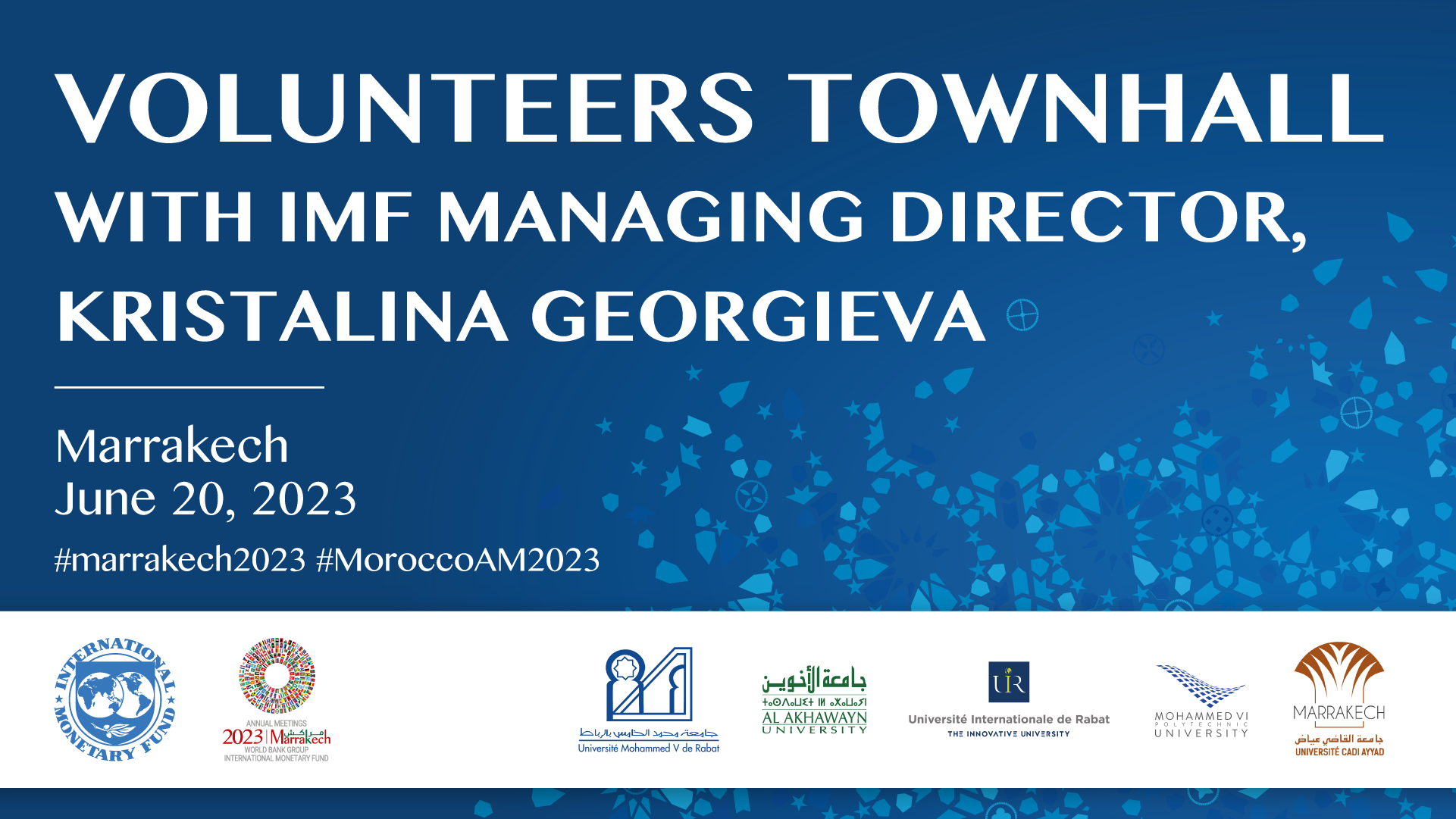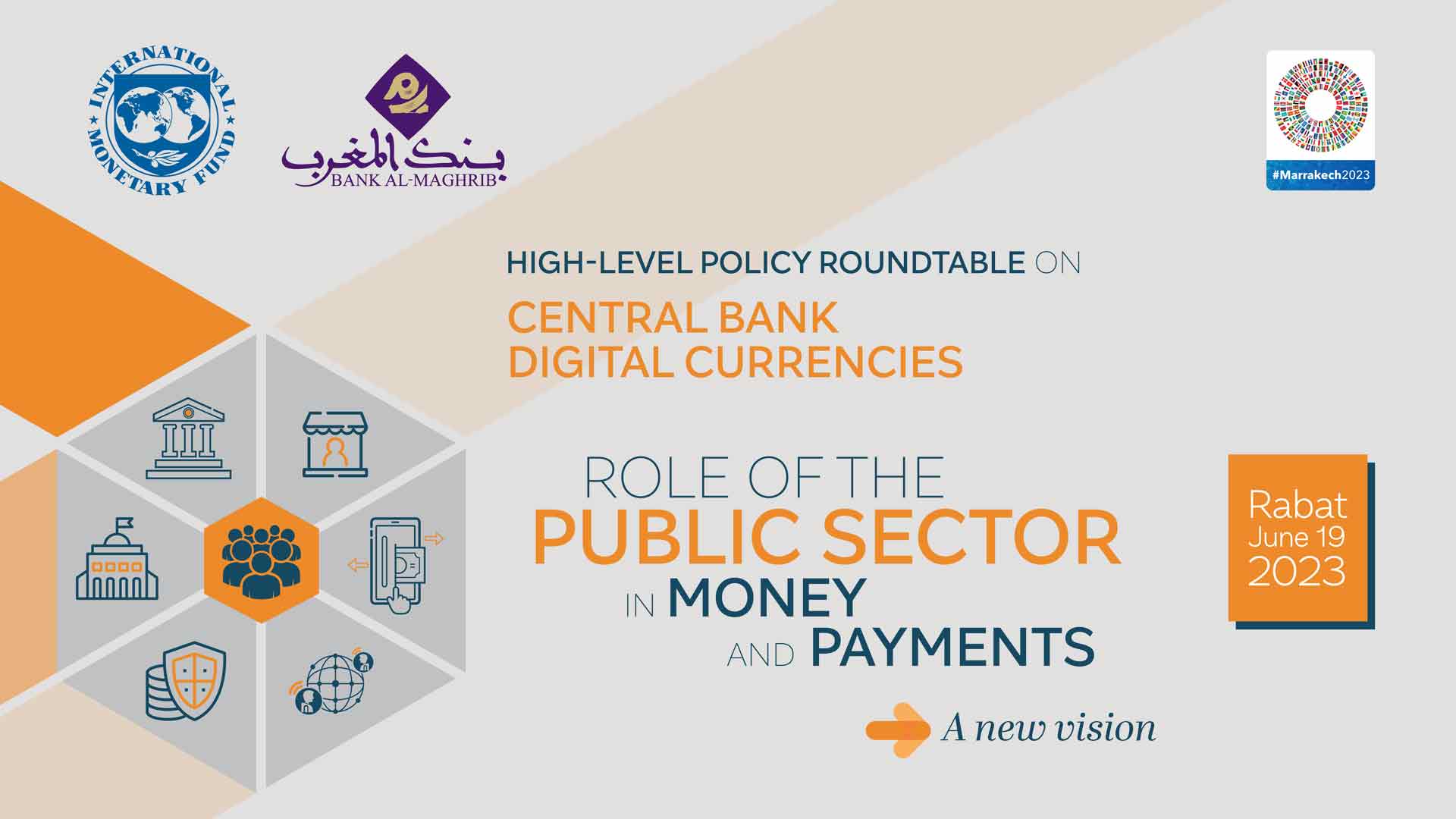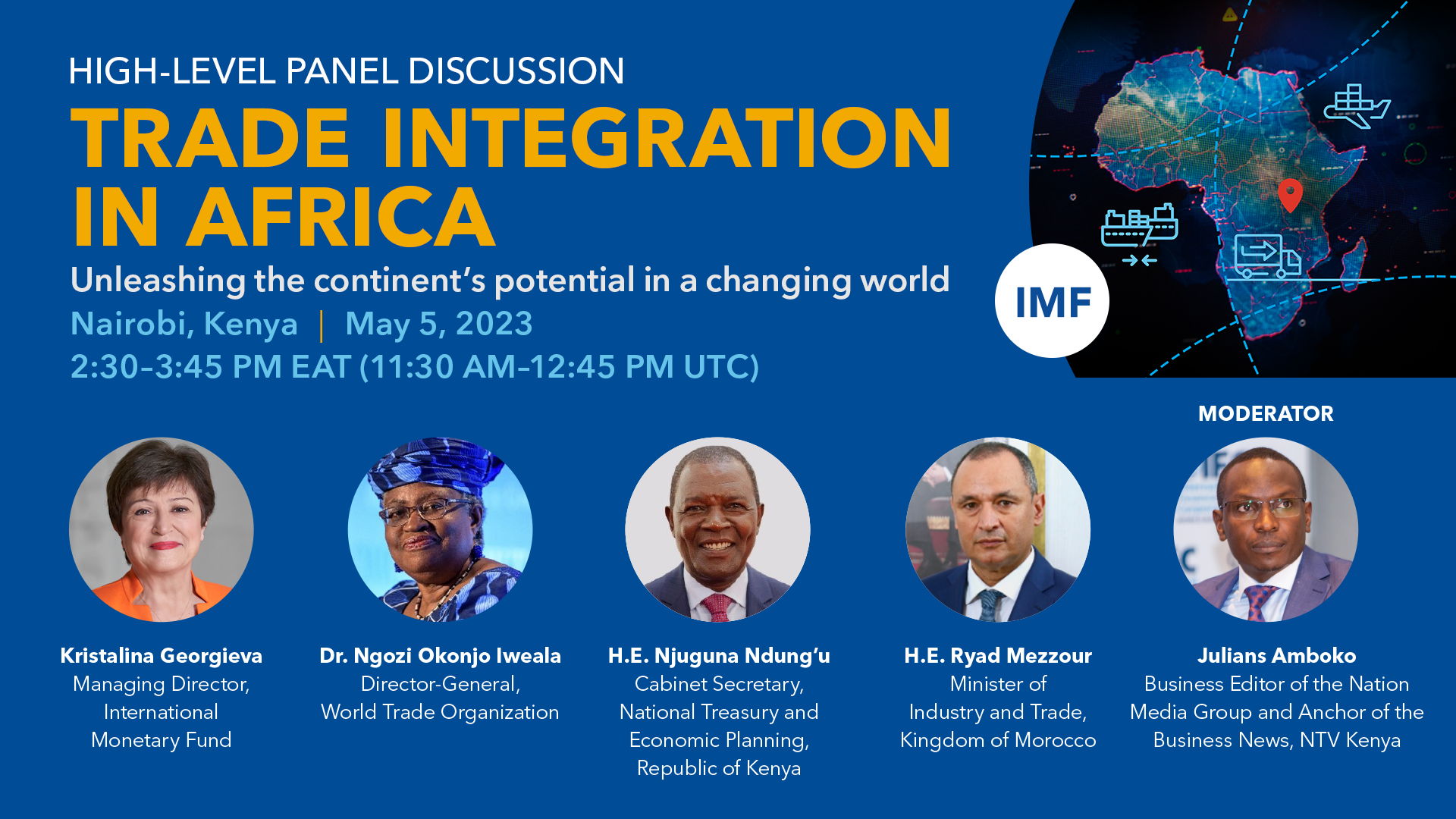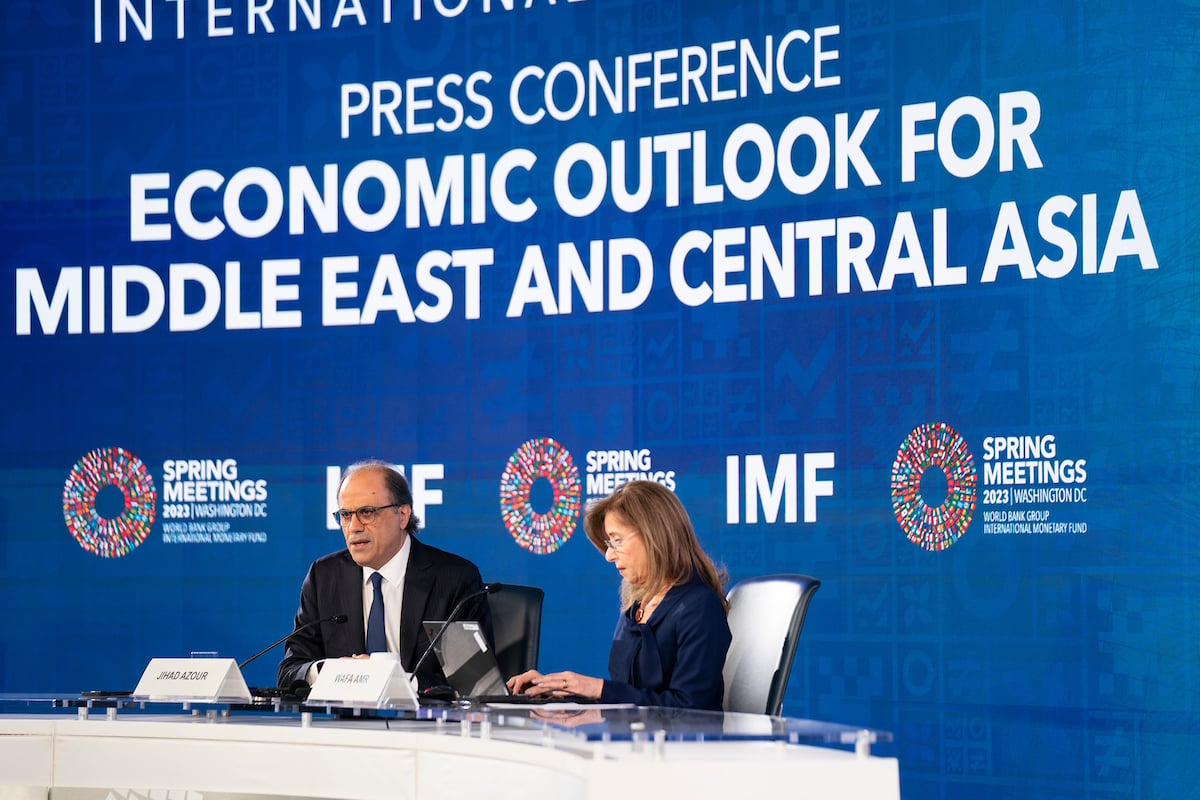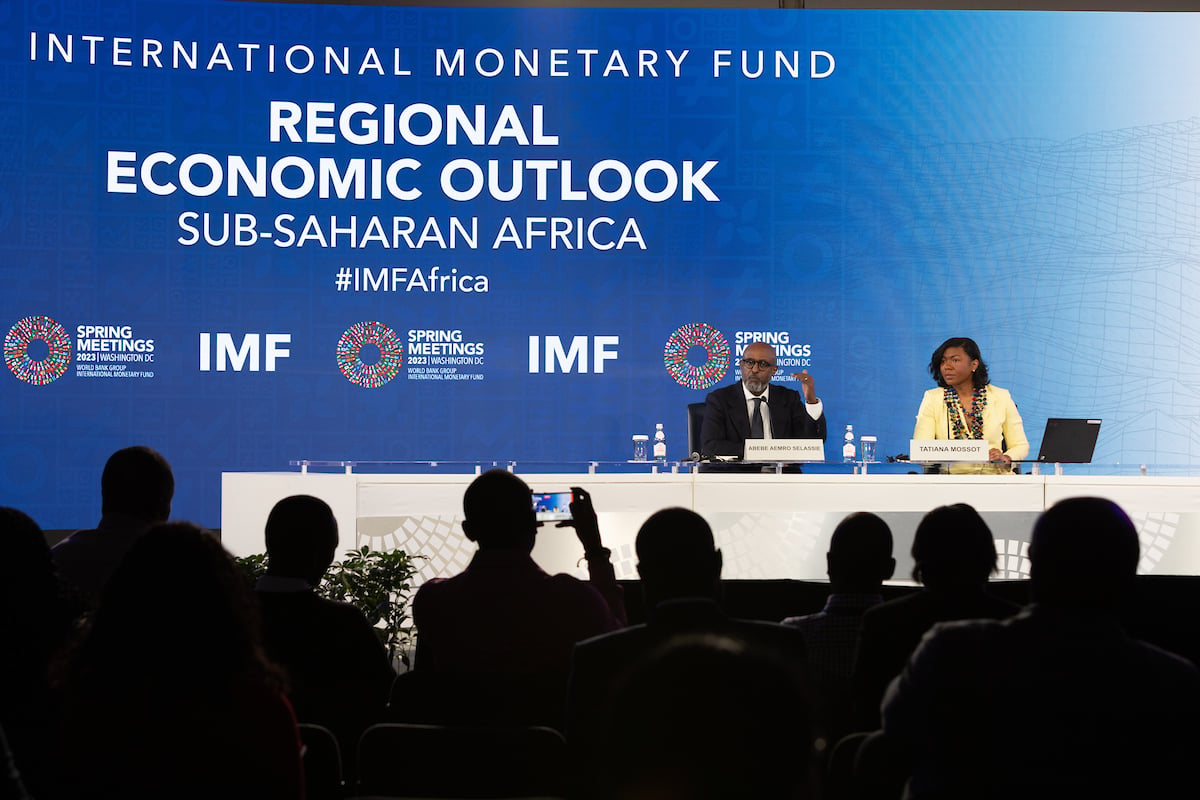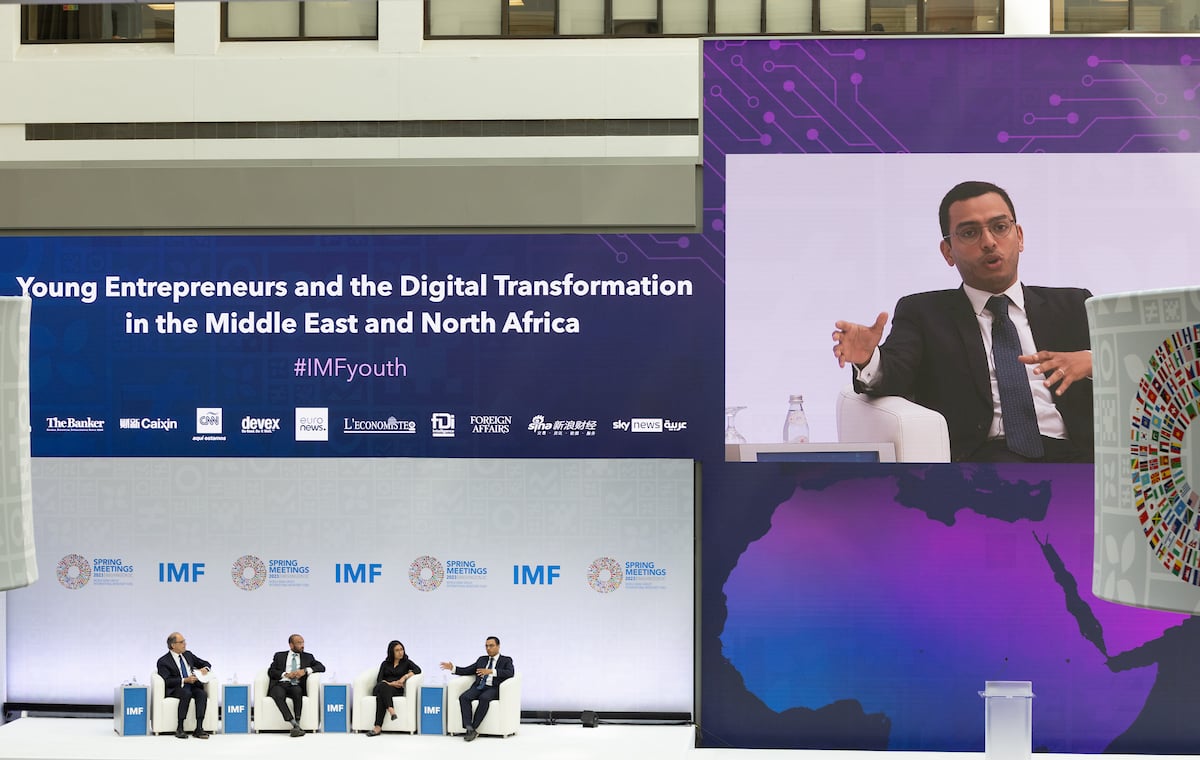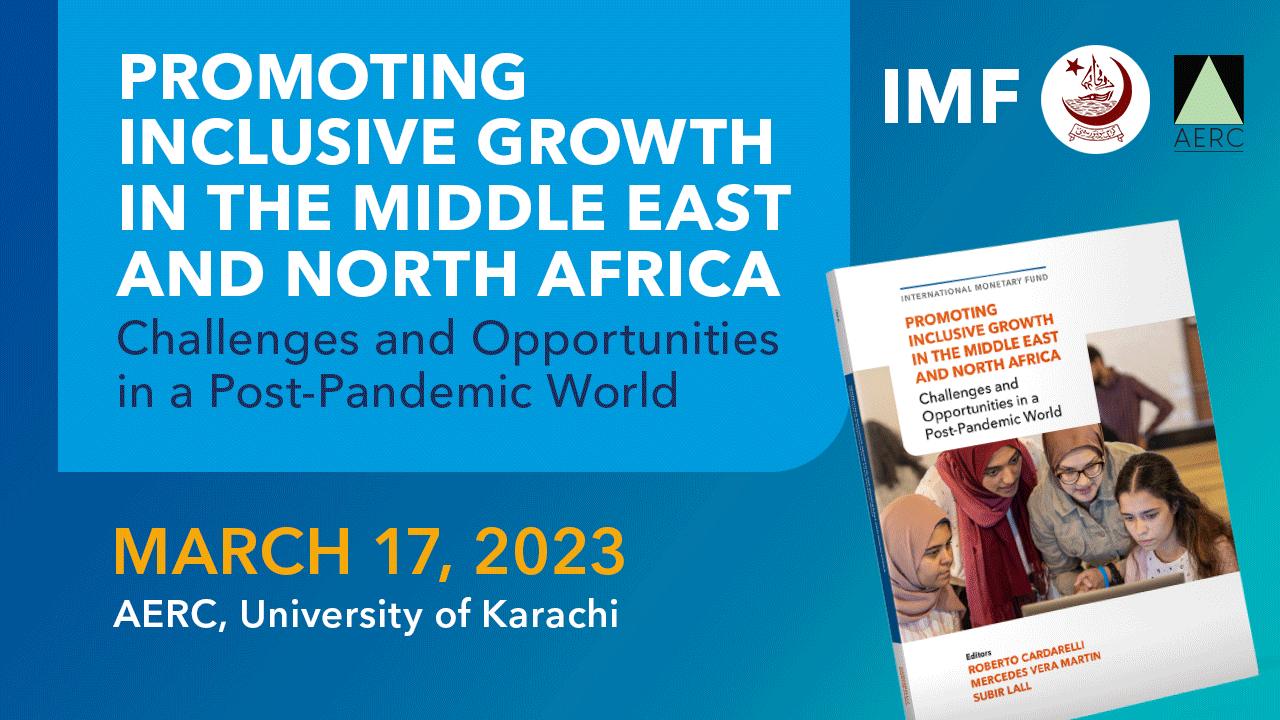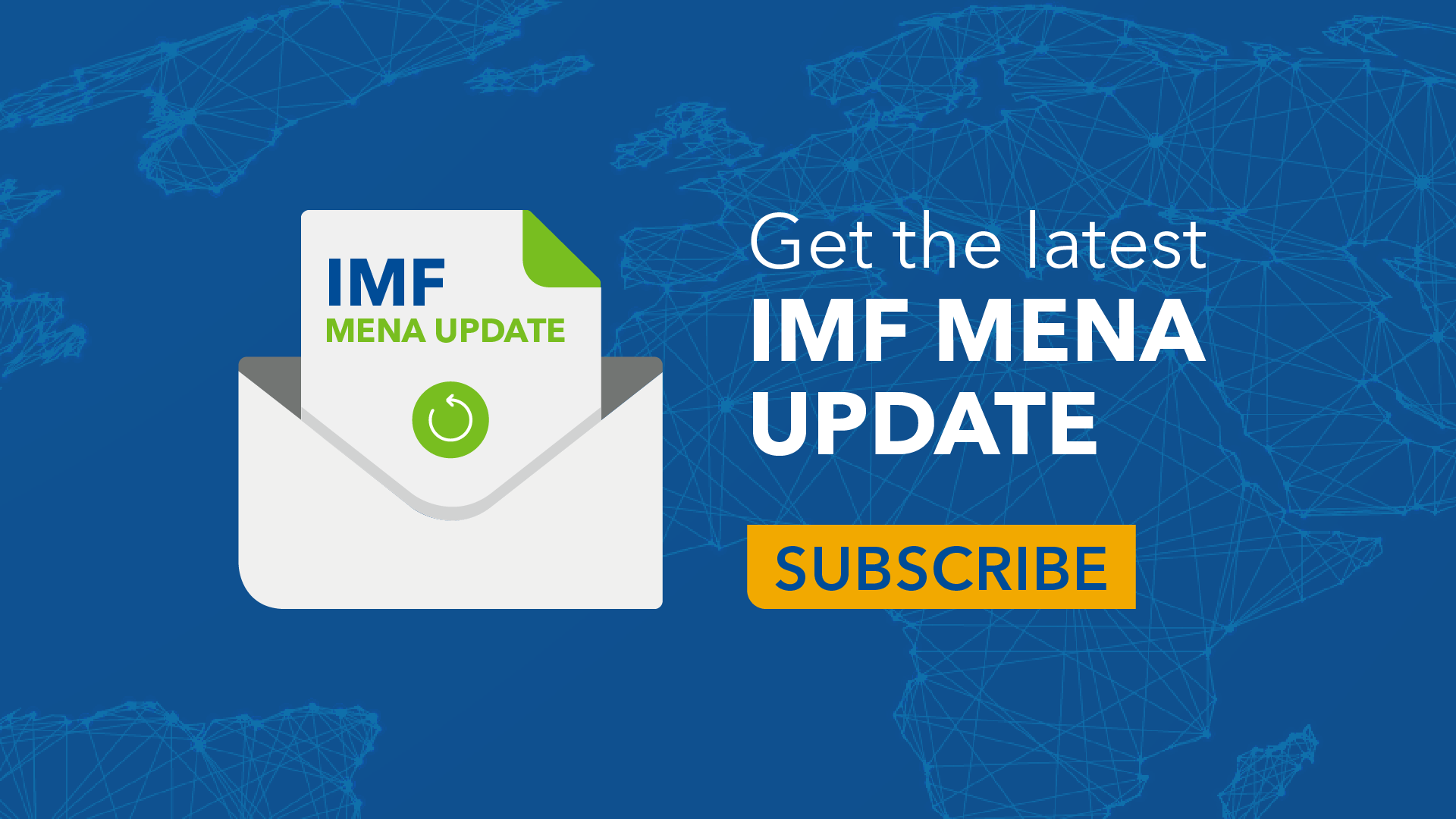
Marrakech 2023
World Bank Group - IMF Annual Meetings, October 2023
Read our latest statements on the Meetings in Marrakesh: Statement by World Bank President Ajay Banga, IMF Managing Director Kristalina Georgieva, and Morocco’s Minister of Economy and Finance Nadia Fettah Alaoui on the 2023 World Bank-IMF Annual Meetings
Read our latest statements on the earthquake in Morocco: IMF Statement | Joint Statement
The Boards of Governors of the International Monetary Fund (IMF) and World Bank Group (WBG) normally meet once a year to discuss the work of their respective institutions. The Annual Meetings, which generally take place in September/October, have customarily been held in Washington for two consecutive years and in another member country in the third year. The Meetings bring together central bankers, ministers of finance and development, private sector executives, civil society, media and academics to discuss issues of global concern, including the world economic outlook, global financial stability, poverty eradication, inclusive economic growth and job creation, climate change, and others.
Visit the IMF's official Annual Meetings site and the Host Country site to learn more.
Key Themes
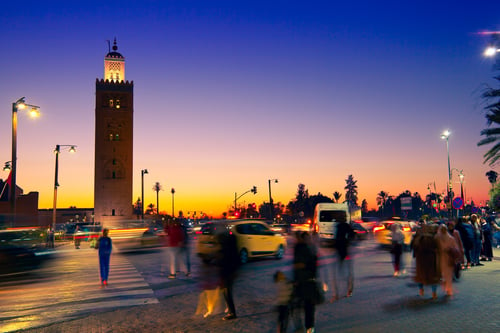
Building Economic Resilience
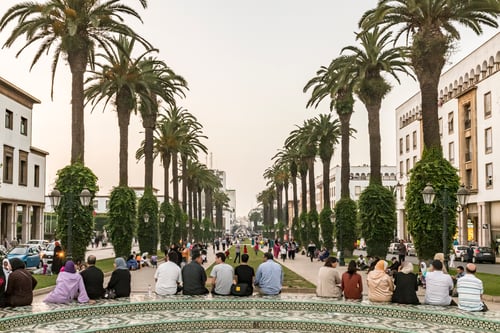
Securing Transformational Reforms

Reinvigorating Global Cooperation
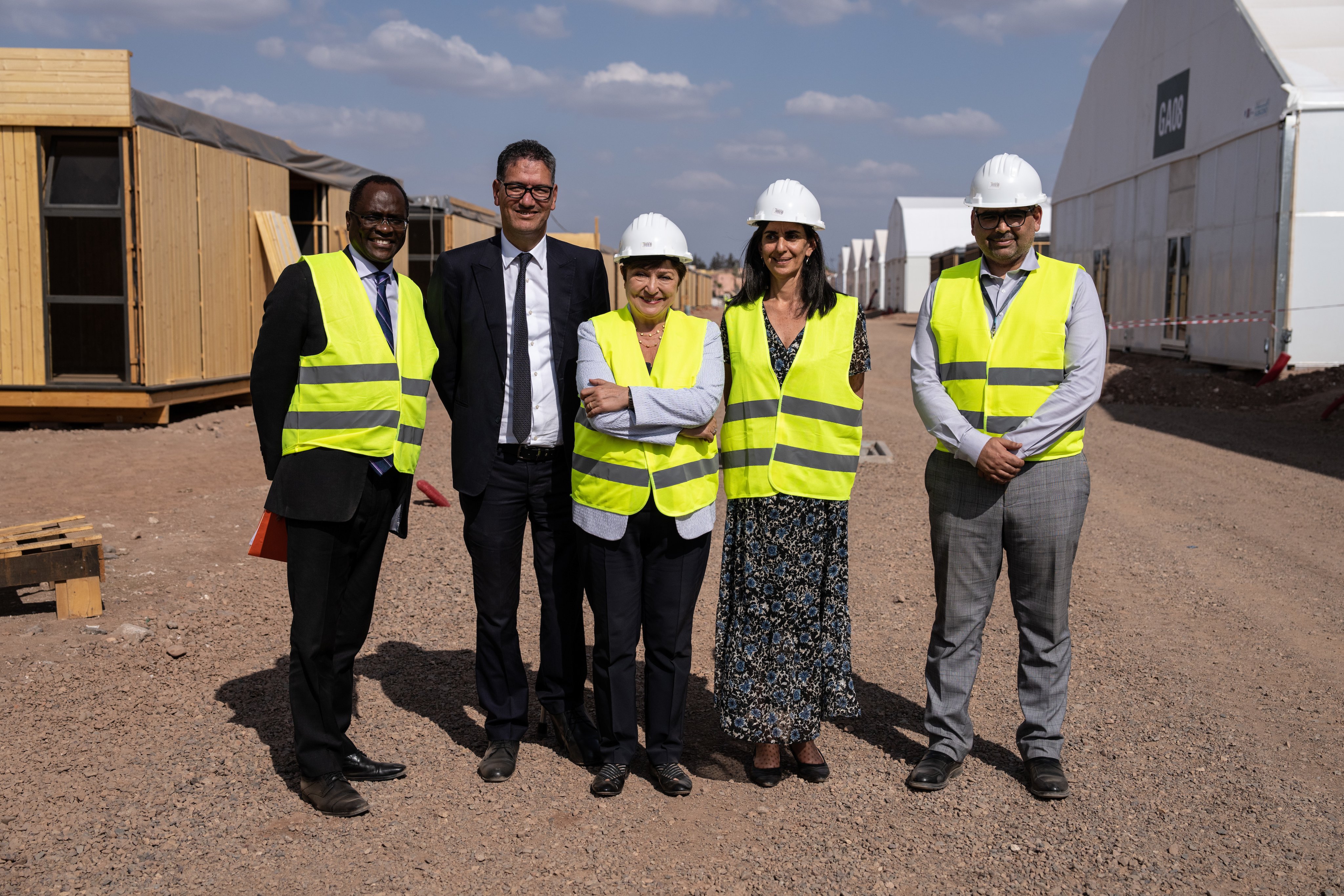
Managing Director's Visit to Morocco, June 2023
Town Hall Discussion with Students, June 2023
High-level Policy Roundtable on Central Bank Digital Currencies: The Role of the Public Sector in Money and Payments, June 2023
Central bank digital currencies (CBDCs) could help increase inclusion by giving more people access to financial services, strengthen the resilience and efficiency of payment systems, and reduce the number of intermediaries in cross-border payments, fostering competition and enhancing transparency. But unless carefully designed, central bank digital currencies could lead to financial stability risks, data privacy and legal challenges, financial integrity and cyber threats, and central bank operational risks. Given this context, what role should the public sector play? IMF Managing Director Kristalina Georgieva participated in a policy roundtable discussion with Bank Al-Maghrib to discuss.
Trade Integration in Africa – Unleashing the Continent’s Potential in a Changing World, May 2023
The launch of an IMF paper that highlights the potential benefits of the African Continental Free Trade Area for the continent, and the policies and reforms needed to achieve them.
Regional Economic Outlook for the Middle East and Central Asia, May 2023
Regional Economic Outlook for Sub-Saharan Africa, April 2023
Young Entrepreneurs and Digital Transformation in the Middle East and North Africa, April 2023
Promoting Inclusive Growth in the Middle East and North Africa: Challenges and Opportunities in a Post-Pandemic World, March 2023
Subscribe to our Newsletter
Get the latest updates from the International Monetary Fund about our work on the Middle East and North Africa. Each month, we provide a curated selection of IMF news and research on the region, including papers, blogs, events, videos, and more.



